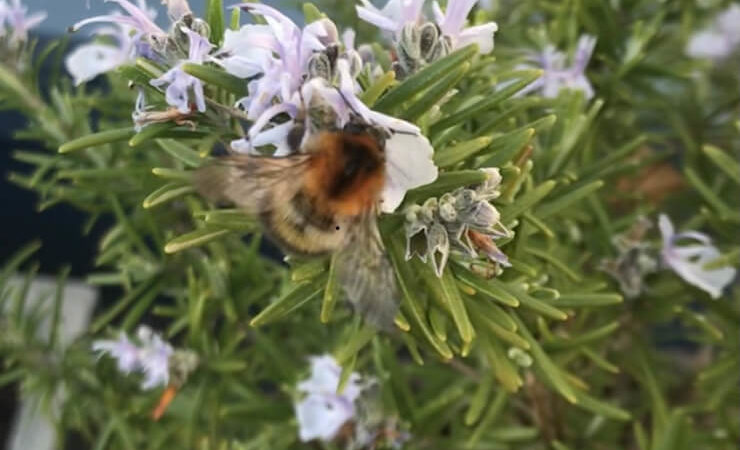The importance of bees as pollinators for biodiversity and food security is fundamental to humanity. The United Nations General Assembly has proclaimed 20 May as World Bee Day. In doing so, the global community is also highlighting the recognition of the decline in the world’s bee population and the urgent need to protect bees.
Why 20 May?
Anton Janscha was born on 20 May 1734 in Bresnica and was a Slovenian court beekeeper to Maria Theresa in Vienna. He is considered to be the inventor of the first frame method of beekeeping and was the rector of the world’s first modern beekeeping school. He is the author of numerous books on beekeeping and apiculture. In 2014, the Slovenian Beekeepers Association launched the World Bee Day Initiative www.worldbeeday.org with the support of the Government of Slovenia. With success: the United Nations proclaimed 20 May as UN World Bee Day in 2018.
No life without bees
We encounter their great achievements every day: bees provide our food and health. Their structures and social behaviour are drivers of innovation in technology and information technology for us. Hardly any other animal has accompanied human development for as long as the bee. In the long term, the protection and benefit of bees can help reduce poverty and hunger and maintain a healthy environment and biodiversity. Now, bees are in danger and so are the opportunities for sustainable development.
75 % of global food crops depend on pollination, especially by bees. For medicinal purposes alone, we now use over 50,000 bee-pollinated plant species. The honeycomb construction of bees has become indispensable in aviation and vehicle construction. The highly efficient collection method of the workers in a bee colony is, for example, a model in logistics processes, computer programmes and social networks.
Source: www.weltbienentag.de





